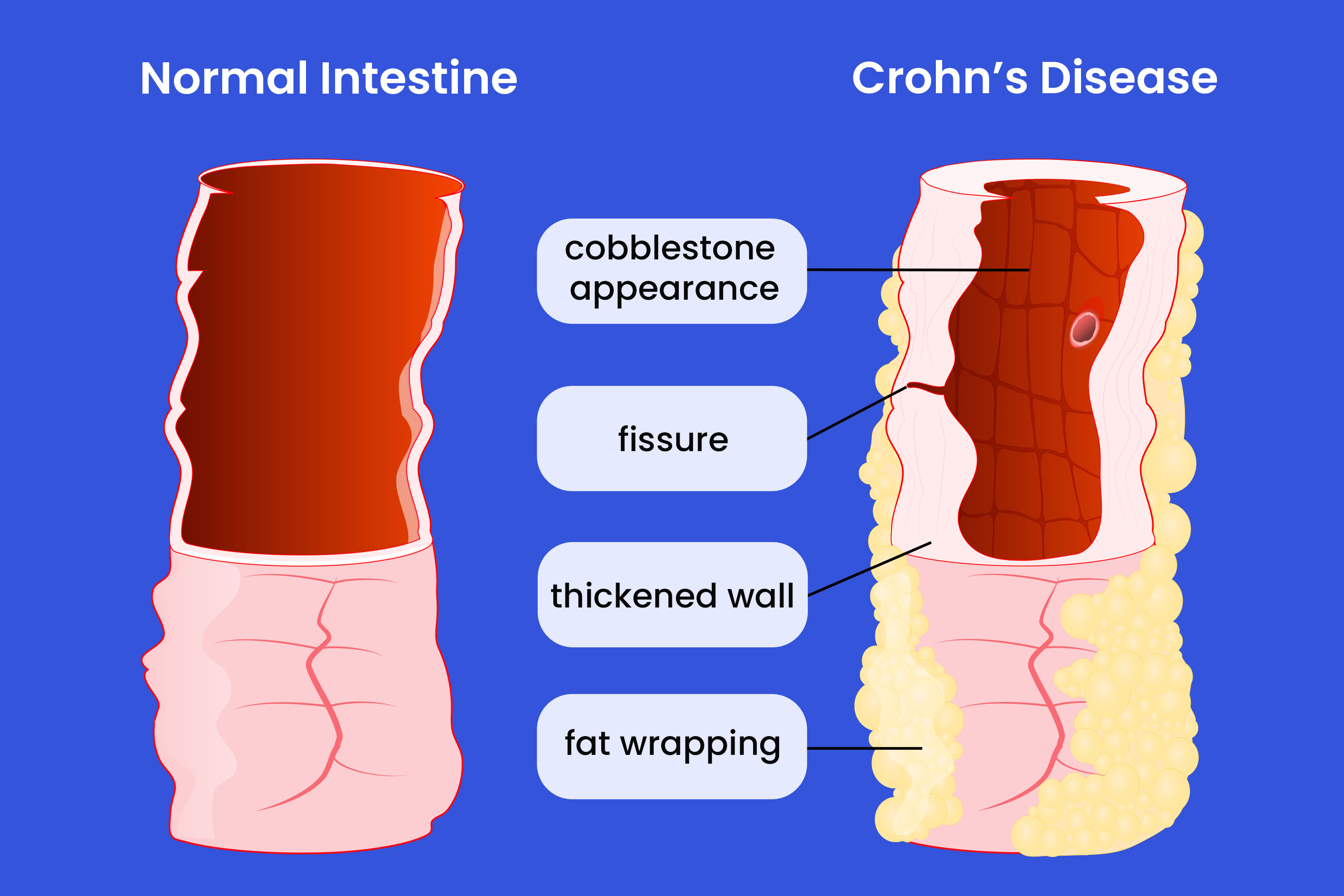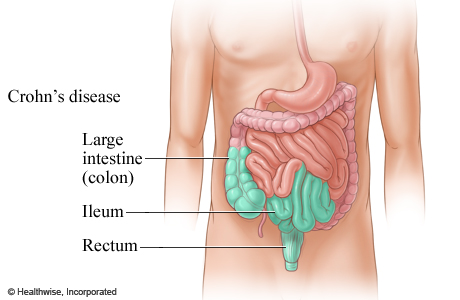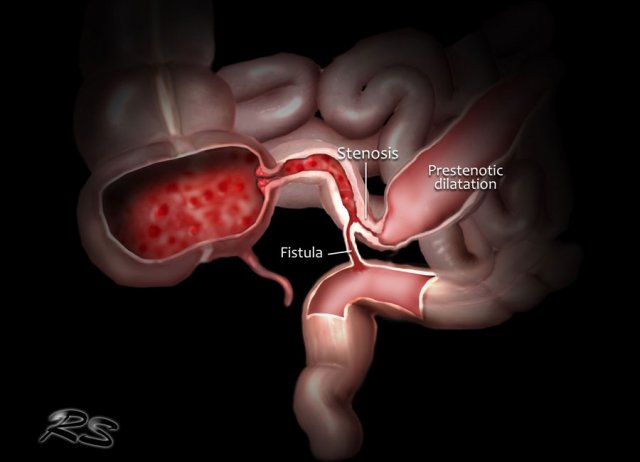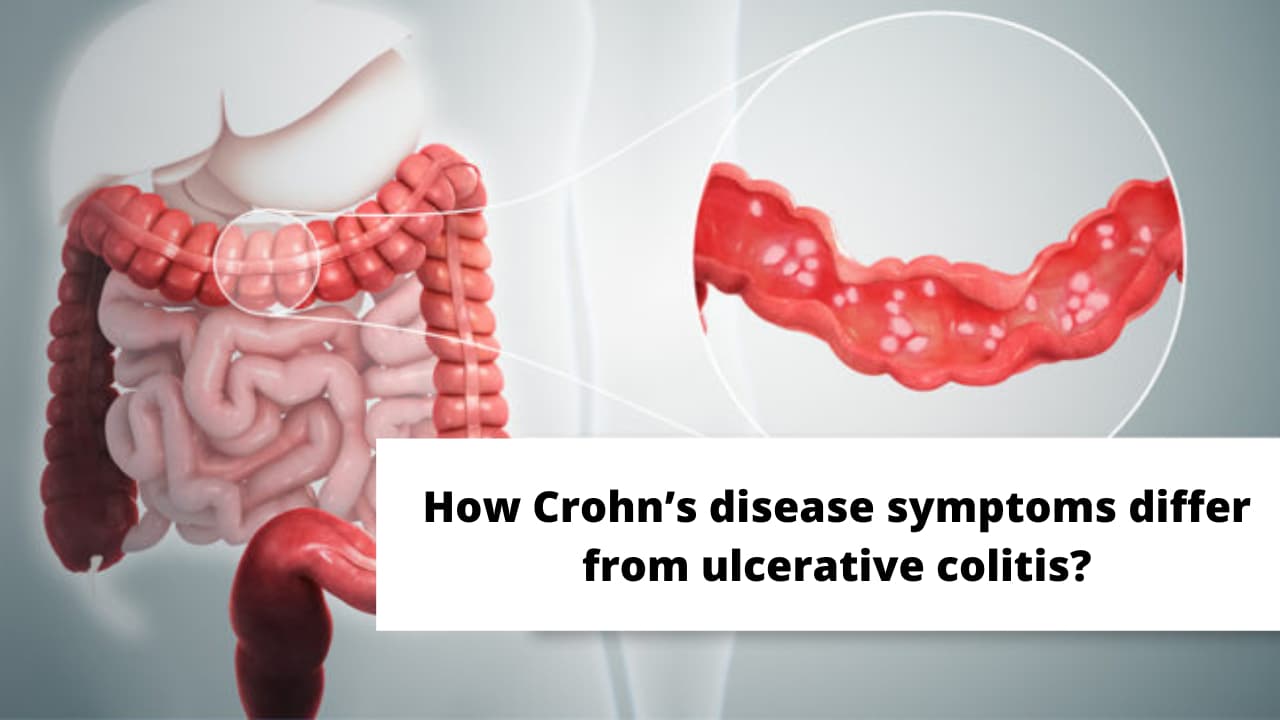Pathophysiology of Crohn's disease inflammation and recurrence, Biology Direct
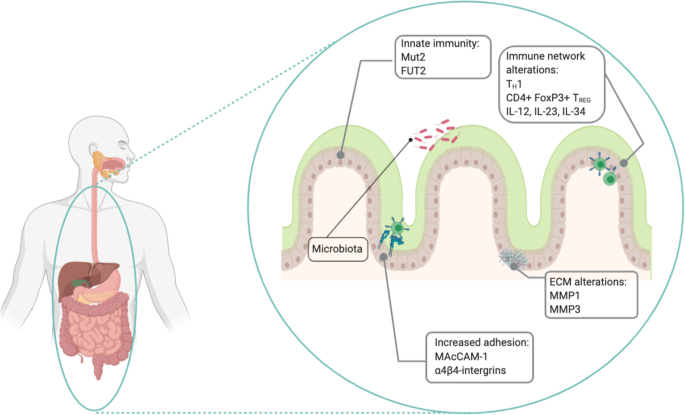
By A Mystery Man Writer
Chron’s Disease is a chronic inflammatory intestinal disease, first described at the beginning of the last century. The disease is characterized by the alternation of periods of flares and remissions influenced by a complex pathogenesis in which inflammation plays a key role. Crohn’s disease evolution is mediated by a complex alteration of the inflammatory response which is characterized by alterations of the innate immunity of the intestinal mucosa barrier together with a remodeling of the extracellular matrix through the expression of metalloproteins and increased adhesion molecules expression, such as MAcCAM-1. This reshaped microenvironment enhances leucocytes migration in the sites of inflammation, promoting a TH1 response, through the production of cytokines such as IL-12 and TNF-α. IL-12 itself and IL-23 have been targeted for the medical treatment of CD. Giving the limited success of medical therapies, the treatment of the disease is invariably surgical. This review will highlight the role of inflammation in CD and describe the surgical approaches for the prevention of the almost inevitable recurrence.

Dysbiosis and relapse-related microbiome in inflammatory bowel disease: A shotgun metagenomic approach - Computational and Structural Biotechnology Journal

Atypical presentation of late-onset Cronh's Disease following colon cancer diagnosis
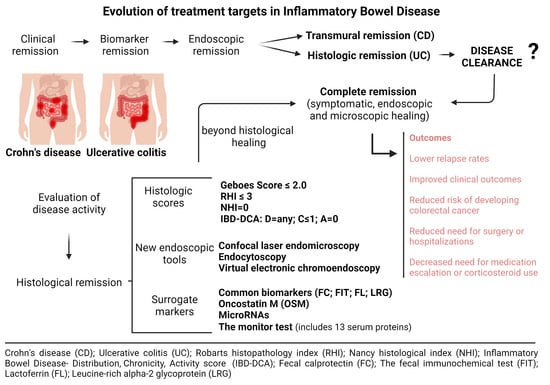
Biomedicines, Free Full-Text

Pathogenesis of postoperative recurrence in Crohn's disease

Crohn's disease - Herbal Reality
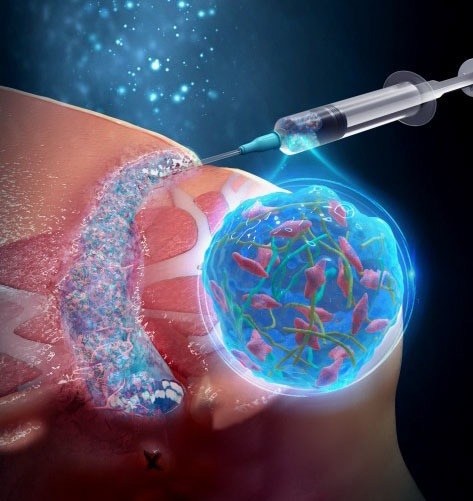
Nanofiber-Hydrogel Shows Promise For Crohn's Disease Treatment

media.springer/full/springer-static/imag
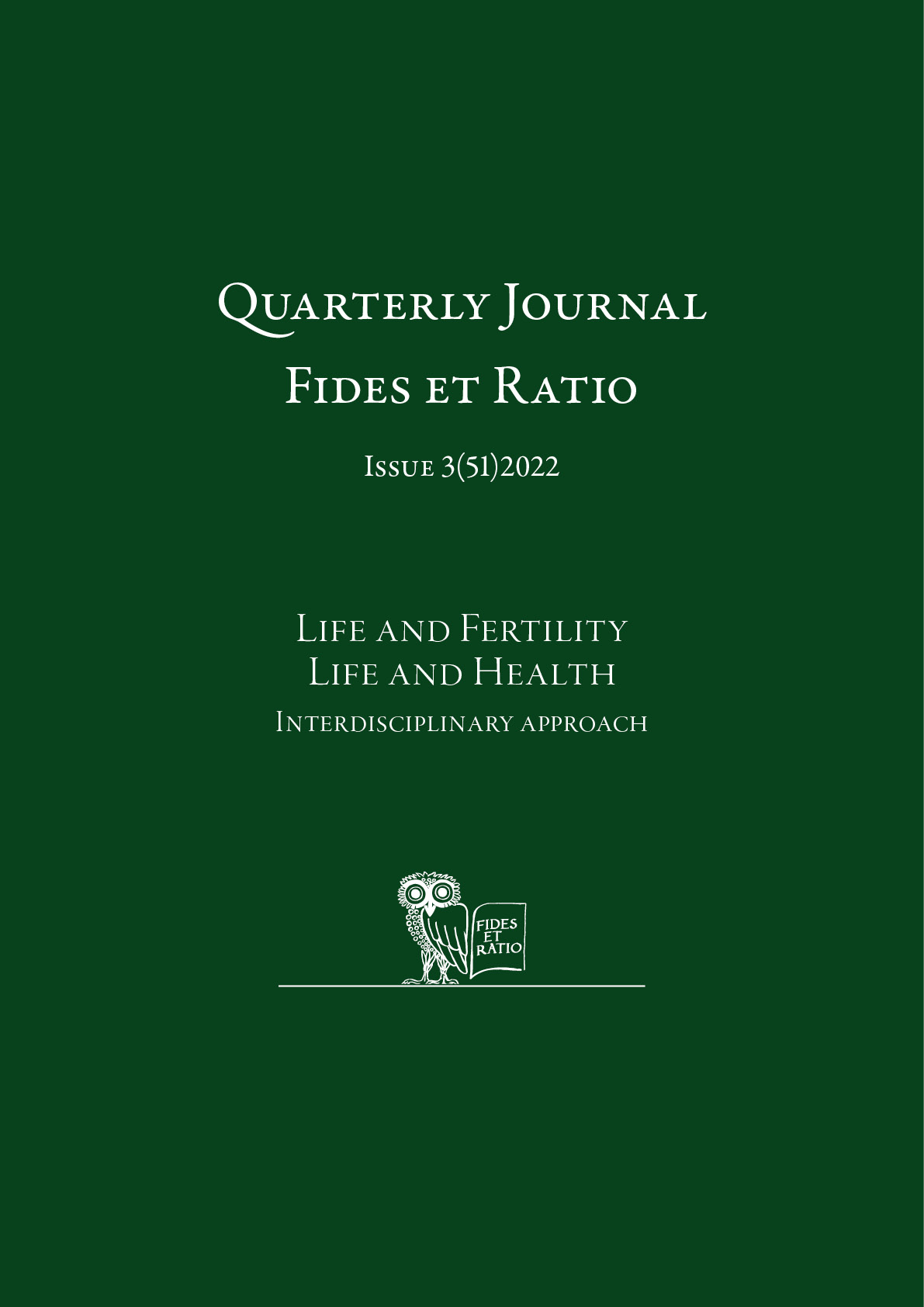
Parental attitudes of mothers raising sons with Crohn's disease
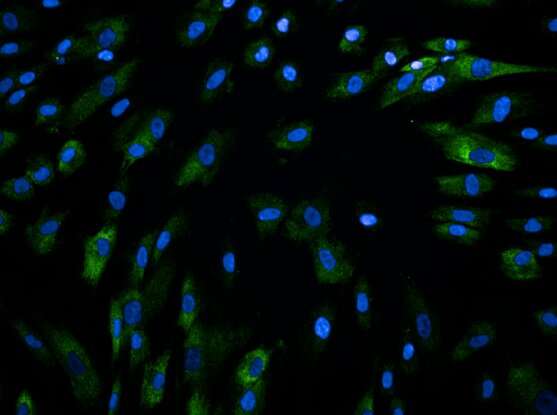
Single-cell analysis of Crohn's disease reveals a detailed picture of inflammation in the gut

Crohn's disease - Wikipedia

JCM, Free Full-Text
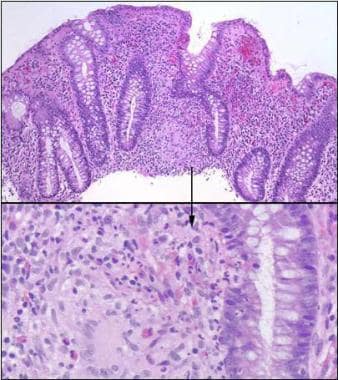
Crohn Disease: Practice Essentials, Background, Pathophysiology
- Calvin Klein Womens Perfectly Fit Lightly Lined Memory Touch T-Shirt Bra 40D Sandalwood

- Beautiful Plus Size Girls - Dress By Fashion Nova Curve Shop Now Model @ ellanabryan #fashionnova #fashionnovacurve #fashion #fashionpost #fashionstyle #plussize #plussizefashion #plussizeclothing #plussizedress
- Kids Flannel Lined Flannel Lined Jeans,Straight Leg

- Summer sweet cherry lace underwear women's ultra-thin mesh embroidered bra brief sets light luxury satin lingerie - AliExpress

- Women's Cable Sweater Tights - A New Day™ Oatmeal Heather 1x/2x
